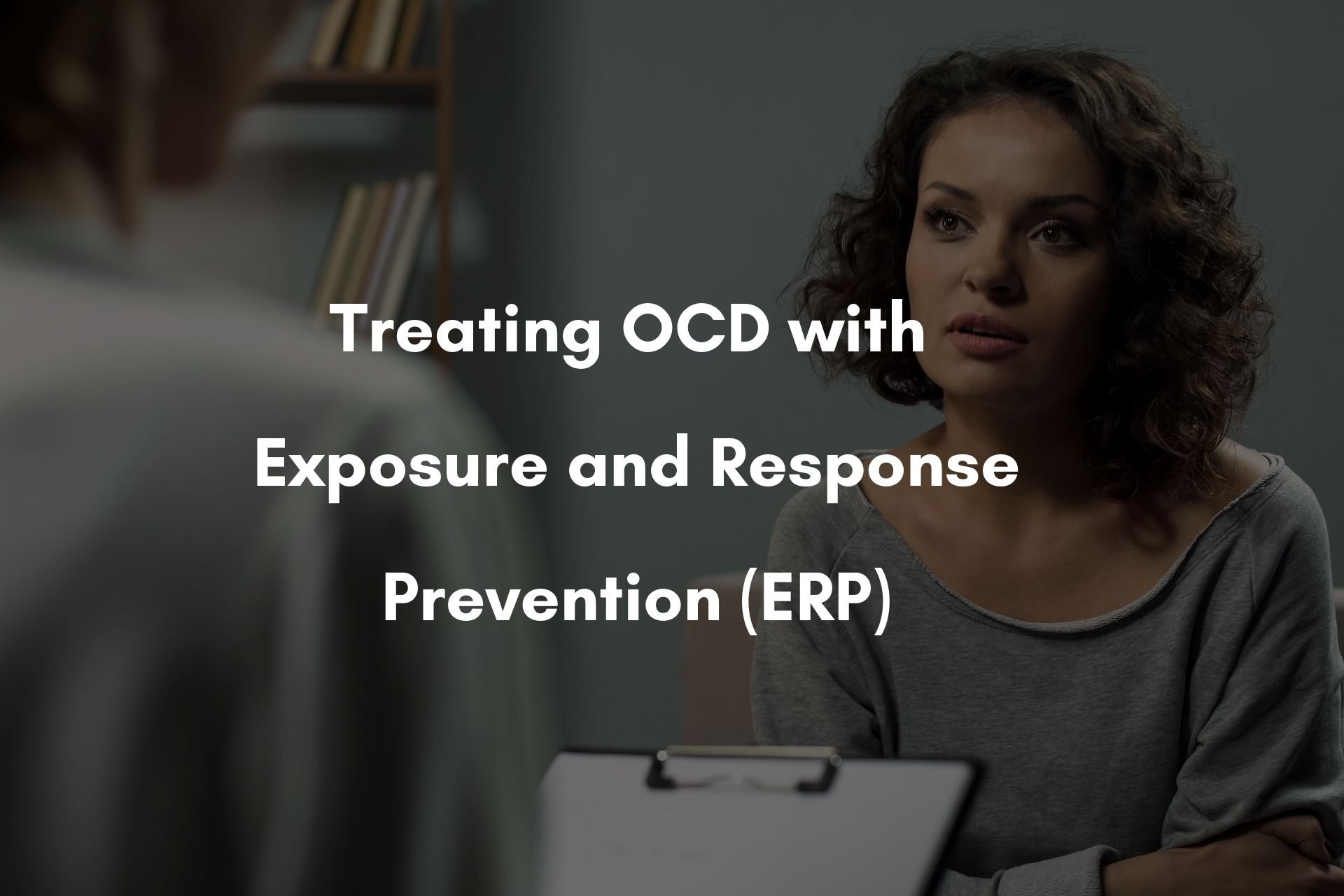What is ERP and How Does It Help?
Exposure and Response Prevention (ERP) is a form of cognitive behavioral psychotherapy that can help individuals who struggle with obsessive compulsive disorder (OCD), a condition where a person experiences obsessive and/o intrusive thoughts and feelings that lead to compulsive and ritualistic behavior. Many mental health clinicians view ERP as the best psychotherapeutic treatment approach to OCD, since ERP challenges a person to take direct action in treating their symptoms. In this way, ERP is better than talk therapy alone. ERP works by challenging the person to respond differently to their fears as they are gradually exposed to them. With increased exposure to the things that trigger us, we begin to learn that our obsessive and compulsive behaviors do not offer us the true relief from anxiety that we so crave. In essence, ERP inspires us to develop new, more adaptive behaviors and to let go of old problem behaviors.
What is OCD?
For those with OCD, unwanted thoughts create anxiety and lead to compulsive rituals, such as excessive hand washing or ruminating thoughts. Such rituals can soothe anxiety, but only temporarily. In the long run, OCD rituals turn into a cycle of obsessive and compulsive behaviors that cause even more distress. Breaking the cycle is necessary, and ERP is proven to help.
How does ERP work?
In ERP, a person is gradually exposed to objects and situations that trigger their obsessions. The challenge is to avoid indulging in obsessive/compulsive behaviors and rituals. Instead, the individual will learn to soothe their anxiety with healthy coping skills. Over time, stress tolerance develops, and the compulsive desire to perform specific rituals subsides as the person learns new ways to manage their anxiety. This process is known as habituation—when a triggering stimulus becomes less anxiety provoking as a person increases their exposure to the people, places and things that they fear. Through ERP, an individual develops a new understanding of the thoughts and feelings that once lead to compulsive behaviors. During treatment, the person gradually starts to notice that the thoughts behind their compulsions aren’t entirely true, and they begin to realize their deepest fears often do not come to fruition. After completing ERP, a person struggling with OCD comes to realize there are other options for self soothing that work better than their obsessive-compulsive behaviors ever did. Like all therapy, it is important to find a therapist with whom you have an established trusting relationship before beginning treatment.
Contributed by Clinical Intern, Errin Gaulin.

